Tag: New Bern NC
Wikipedia says: New Bern, formerly called Newbern, is a city in Craven County, North Carolina, United States. It is the county seat of Craven County.
It is located at the confluence of the Neuse and the Trent rivers, near the North Carolina coast. It lies 112 miles (180 km) east of Raleigh, 80 miles (130 km) north of Wilmington, and 162 miles (261 km) south of Norfolk. New Bern is the birthplace of Pepsi.
New Bern was settled in 1710 by the Palatines and Swiss under the leadership of Christoph von Graffenried. The new colonists named their settlement after Bern, the Swiss region from which many of the colonists and their patron had emigrated. The English connection with Switzerland had been established by some Marian exiles who sought refuge in Protestant parts of Switzerland. There were also marriages between the House of Stuart and notable people in the history of Calvinism. The colonists later discovered they had started their settlement on the site of a former Tuscarora village named Chattoka. This caused conflicts with the Tuscaroras who were in the area.
New Bern is the second-oldest European settled colonial town in North Carolina, after Bath. It served as the capital of North Carolina from 1770 to 1792. After the American Revolution (1775–1783), New Bern became wealthy and quickly developed a rich cultural life. At one time New Bern was called “the Athens of the South,” renowned for its Masonic Temple and Athens Theater. These are both still very active today.
During the 19th-century Federal period, New Bern became the largest city in North Carolina, developed on the trade of goods and slaves associated with plantation agriculture. After Raleigh was named the state capital, New Bern rebuilt its economy by expanding on trade via shipping routes to the Caribbean and New England. It was part of the Triangle Trade in sugar, slaves, and desired goods. It reached a population of 3,600 in 1815.
In 1862 during the early stages of the American Civil War, the area was the site of the Battle of New Bern. Federal forces captured and occupied the town until the end of the war in 1865. Nearly 10,000 enslaved blacks escaped during this period in the region and went to the United States Army (Union Army) camps for protection and freedom. The Union Army set up the Trent River contraband camp at New Bern to house the refugees. It organized the adults for work. Missionaries came to teach literacy to both adults and children.
After the January 1863 Emancipation Proclamation of U.S. President Abraham Lincoln, slaves within the Confederate States were declared free, but not those in the United States. His order carefully limited the Proclamation to those areas in insurrection, where civil government was not respected and his military authority, therefore, applied. Because of this proclamation, more freedmen came to the Trent River camp for protection. The Union Army appointed Horace James, a Congregational chaplain from Massachusetts, as the “Superintendent of Negro Affairs for the North Carolina District” on behalf of the Bureau of Refugees, Freedmen and Abandoned Lands. In addition to the Trent River camp, James supervised development of the offshore Roanoke Island Freedmen’s Colony, which was intended to be self-supporting. Beginning in 1863, a total of nearly 4,000 freedmen from North Carolina enlisted in the U.S. Colored Troops to fight with the Union Army for their permanent freedom, including 150 men from the colony on Roanoke Island.
Due to the continuous occupation by the Union Army, New Bern avoided some of the destruction of the war years. There was much social disruption because of the occupation and the thousands of freedmen camped near the city. Still, it recovered more quickly than many cities after the war.
Showing 1–16 of 81 resultsSorted by latest
-
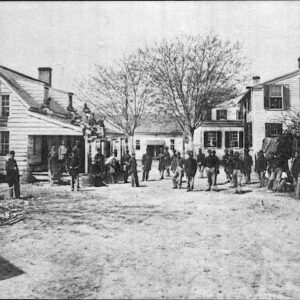
Image ID: AZCJ
$0.99 -
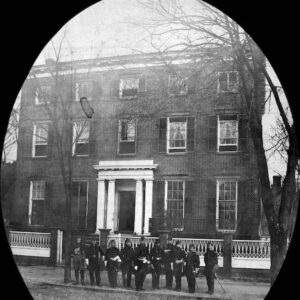
Image ID: AYVM
$0.99 -
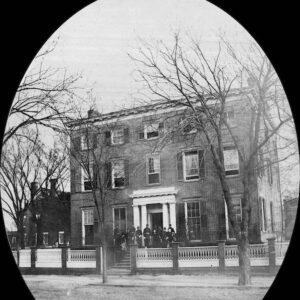
Image ID: AYVQ
$0.99 -
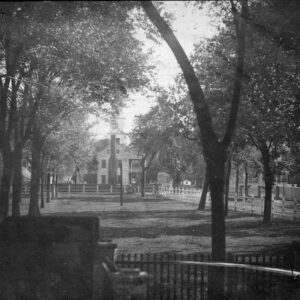
Image ID: AYVN
$0.99 -
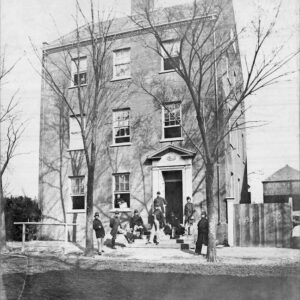
Image ID: AYVP
$0.99 -
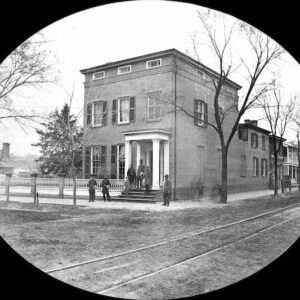
Image ID: AYVT
$1.99 -
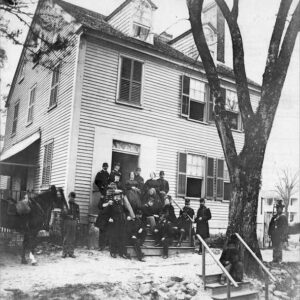
Image ID: AYVU
$0.99 -
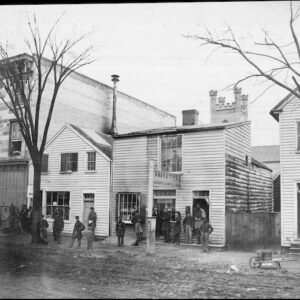
Image ID: AYVV
$0.99 -
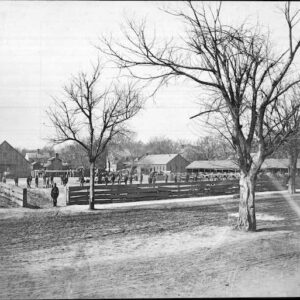
Image ID: AYVW
$1.99 -
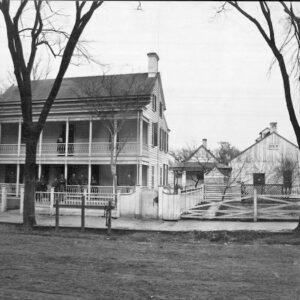
Image ID: AYVX
$0.99 -
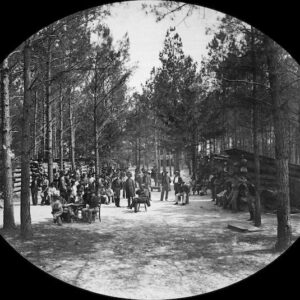
Image ID: AYVY
$0.99 -
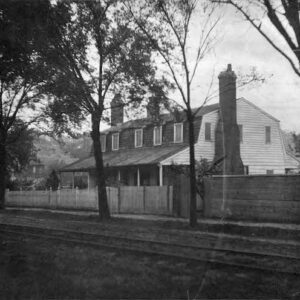
Image ID: AYVZ
$0.99 -
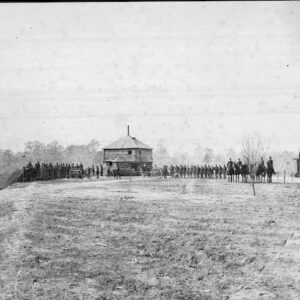
Image ID: AYWA
$0.99 -

Image ID: AYWC
$0.99 -
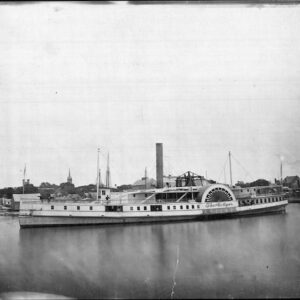
Image ID: AYWD
$0.99 -
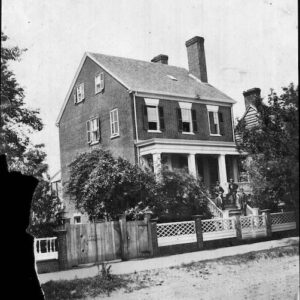
Image ID: AYWF
$0.99